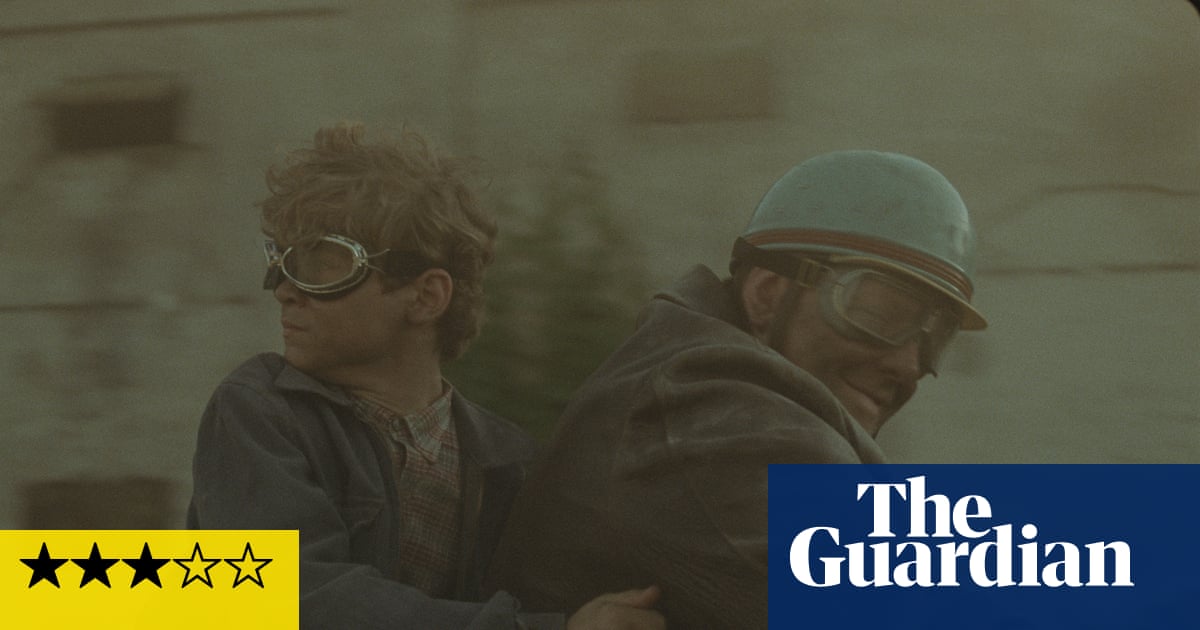
"Set in the aftermath of Hungary's failed uprising against its Soviet masters, it is a story about sons rebelling against fathers, but also about coming to terms with (or having to swallow resentment at) the reality of a new order of power just as the Hungarian people had to come to terms with Moscow's rule and with finding their proud spirit of independence stigmatised as quasi-fascist."
"With no support for their self-determination, Hungarians in 1956 were orphaned by the times. However the orphan of the title is not in fact an orphan; his mother is still alive. Andor (Bojtorjan Barabas) is an angry, lonely teenage boy who idolises the memory of his father, Hirsch, who went missing during the second world war but who might still be alive somewhere. Andor still conducts imaginary conversations with him, and his mum (Andrea Waskovics) works in a grocery store."
The film is a somber, sepia-toned picture set after Hungary's failed 1956 uprising, executed with precise technical control. The narrative focuses on Andor, an angry teenage boy who idolises a father who went missing during World War II and with whom he conducts imaginary conversations. A brutal, boorish butcher appears and claims a right over Andor’s mother. Andor uncovers evidence the man had been cruel to another family and gradually learns the awful truth about his father's identity. The story examines sons rebelling against fathers, the swallowing of resentment in the face of a new order of power, and conflicted loyalties within a traumatised society.
Read at www.theguardian.com
Unable to calculate read time
Collection
[
|
...
]